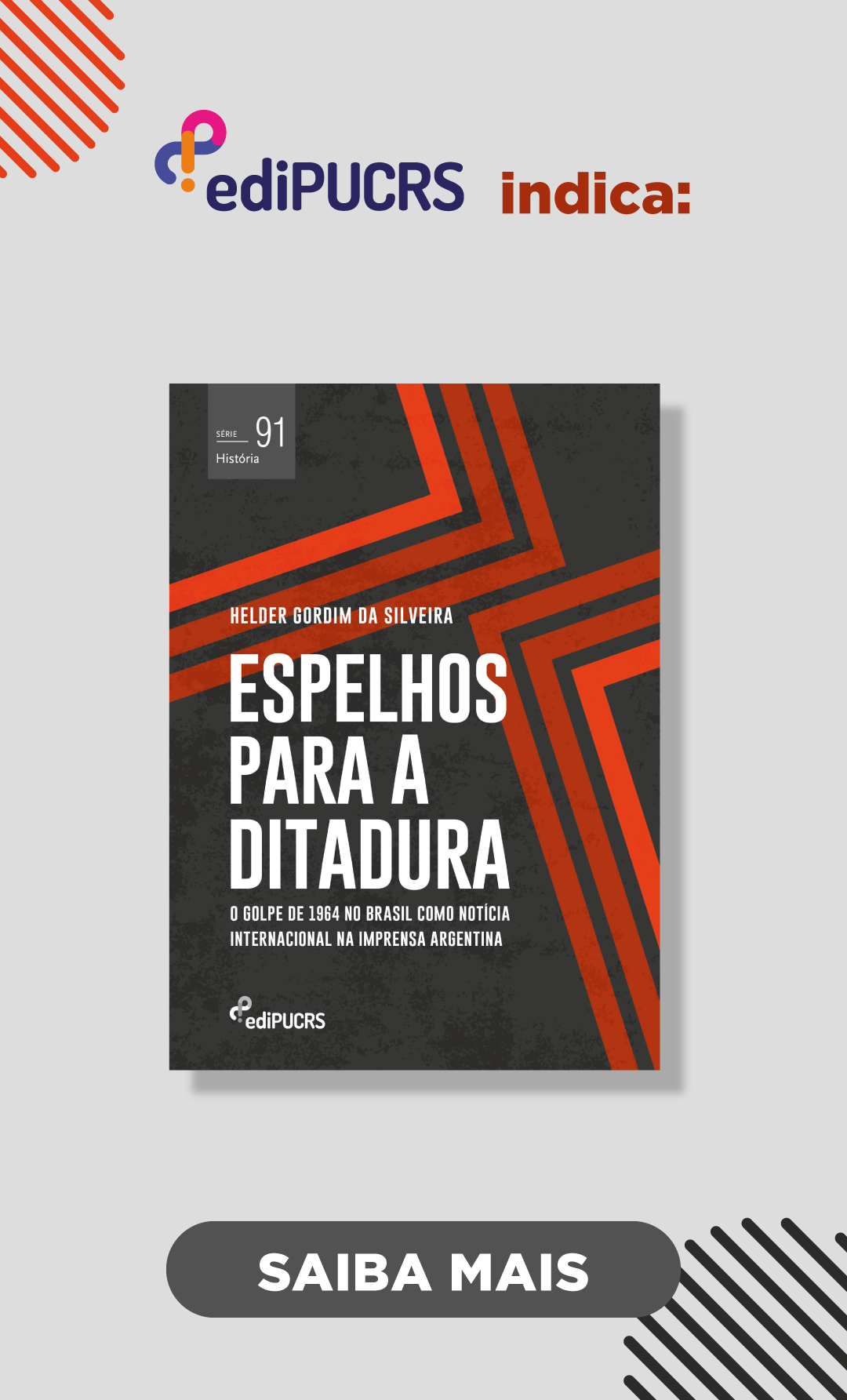A smaller gesture, so rebel, in the brazilian literature
Writing and subjectivity in Plínio Marcos
DOI:
https://doi.org/10.15448/2178-3748.2020.2.36890Keywords:
Brazilian literature, Theater., Plínio Marcos, History of Brazil, DeleuzeAbstract
All it took was the arrival of a young body in the cell full of old men worn out by the World’s pain, for something to happen that morning. This is the case of the play Barrela (1958), by the Brazilian writer Plínio Marcos (1935-1999), whose dense narrative, full of intense dialogues and cleaved by multiple affects, allows us to think about a whole conception of humanity, subjectivity and institutionality in the Brazilian prison space during the 1960s and 1970s. The text analyzes the image of the violated young body, describing the intersections of class, gender, generation and sexuality that split a collective subjectivity based on pain and the reproduction of physical and psychological violence. However, it avoids incurring processes of individualization or psychologization of violence, but precisely seeking to think about the subjectivation technologies that Plínio Marcos’s literature allows to analyze in order to think about the affects, perceptions and tensions that his writing presents. From the dialogue with Michel Foucault, Gilles Deleuze and Maurice Blanchot, we seek to think about the relations between History and Literature, questioning the ways of giving reality to read through writing and social criticism operated in the midst of dark times. In this way, the article aims to contribute through an experimentation exercise to think about Brazilian history and the history of the young body from a literary source that, as a work of art, can always open other ways of thinking and feeling. Such a process allows us to think of literature as an ethical-political creation gesture about the world and life.
Downloads
References
ARAÚJO, Gessé Almeida. Plínio Marcos e o Teatro Brasileiro: da semente latente à consagração como autor.
In: XXVI Simpósio Nacional de História – ANPUH. Anais [...]. São Paulo, julho de 2011. p. 1-17.
BLANCHOT, Maurice. O espaço literário. Tradução de Álvaro Cabral. Rio de Janeiro: Rocco, 2011.
BOURDIEU, Pierre. A ilusão biográfica. In: AMADO, Janaína e FERREIRA, Marieta de Moraes (Orgs.). Usos & abusos da história oral. Rio de Janeiro: Ed. FGV, 1996.
CONTRERAS, Javier Arancibia; MAIA, Fred; PINHEIRO, Vinícius. Plínio Marcos: a crônica dos que não têm voz. São Paulo: Boitempo Editorial, 2002.
DELEUZE, Gilles & GUATTARI, Félix. Kafka: por uma literatura menor. 1ª ed. Tradução de Cíntia Vieira da Silva. Revisão da tradução: Luiz B. L. Orlandi. Belo Horizonte: Autêntica Editora, 2017.
FOUCAULT, Michel. Arqueologia de uma paixão. In. Ditos e escritos III: Estética: Literatura e Pintura, Música e Cinema. 2ª ed. Organização e seleção de textos: Manoel Barros da Motta. Tradução de Inês Autran Dourado Barbosa. Rio de Janeiro: Forense Universitária, 2009.
FOUCAULT, Michel. O pensamento do exterior. In. Ditos e Escritos. Estética: Literatura e Pintura, Música e Cinema. v. 3. Organização e seleção de textos de Manoel Barros da Motta. Tradução de Inês Dautran Dourado Barbosa. Rio de Janeiro: Forense Universitária, 2009.
GUIDARINI, Mário. A desova da serpente: teatro contemporâneo brasileiro. Florianópolis: Editora da UFSC, 1996.
LIMA, Luiz Costa. História, Ficção, Literatura. São Paulo: Companhia das Letras, 2006.
MARCOS, Plínio. Barrela. São Paulo: Global Editora, s/d.
MENDES, Oswaldo. Bendito, maldito: uma biografia de Plínio Marcos. São Paulo: Leya, 2009.
MENDES, Sávio Damato. Variações do fora. Dissertação (Mestrado em Estudos Literários). Universidade Federal de Juiz de Fora, 2014.
NAPOLITANO, Marcos. A arte engajada e seus públicos (1955-1968). Estudos Históricos, Rio de Janeiro, 2001, n. 28.
NIETZSCHE, Friedrich. Verdade e mentira no sentido extramoral. Apresentação de Noéli Correia de Melo Sobrinho. Comum, Rio de Janeiro, v. 6, n. 17, p. 05-23, jul-dez. 2001.
SANTOS, Flávio Tito Cundari da Rocha; GARCIA, Silas Sampaio; AQUINO, Júlio Groppa. Um olhar estrangeiro à literatura: Foucault, escrita, experiência. ECOS – Estudos Contemporâneos da Subjetividade, v. 8, n 1, 2018.
STRADA, Vittorio. Do “realismo socialista” ao zdhanovismo. In: HOBSBAWM, Eric. História do marxismo - o
marxismo na época da Terceira Internacional: problemas da cultura e da ideologia. v. IX. Tradução de Carlos Nelson Coutinho, Luiz Sérgio N. Henriques, Amélia Rosa Coutinho. Rio de Janeiro: Paz e Terra, 1987. p. 151-219.
ZOURABICHVILI, François. Deleuze: uma filosofia do acontecimento. 1.ª ed. Tradução e prefácio de Luiz B. L. Orlandi. São Paulo: Editora 34, 2016.
Downloads
Published
How to Cite
Issue
Section
License
Copyright (c) 2020 Oficina do Historiador

This work is licensed under a Creative Commons Attribution 4.0 International License.
Copyright
The submission of originals to Oficina do Historiador implies the transfer by the authors of the right for publication. Authors retain copyright and grant the journal right of first publication. If the authors wish to include the same data into another publication, they must cite Oficina do Historiador as the site of original publication.
Creative Commons License
Except where otherwise specified, material published in this journal is licensed under a Creative Commons Attribution 4.0 International license, which allows unrestricted use, distribution and reproduction in any medium, provided the original publication is correctly cited.





